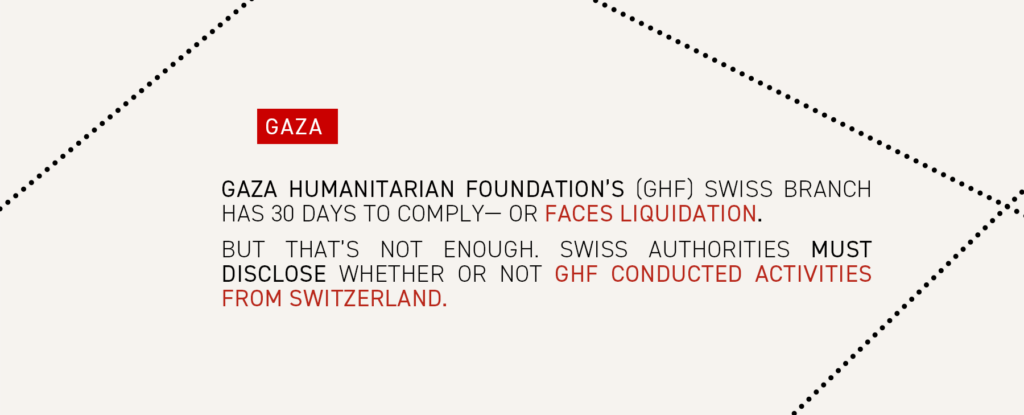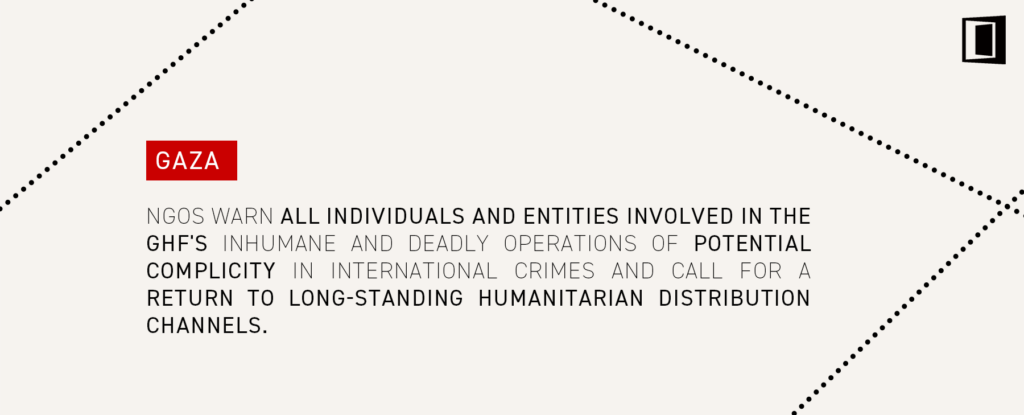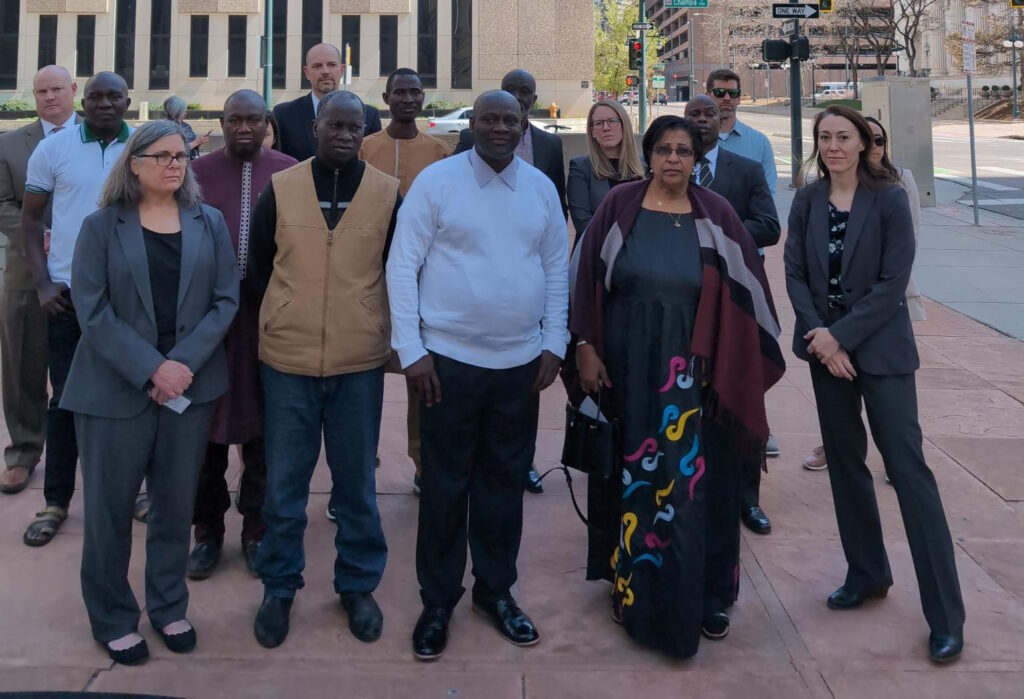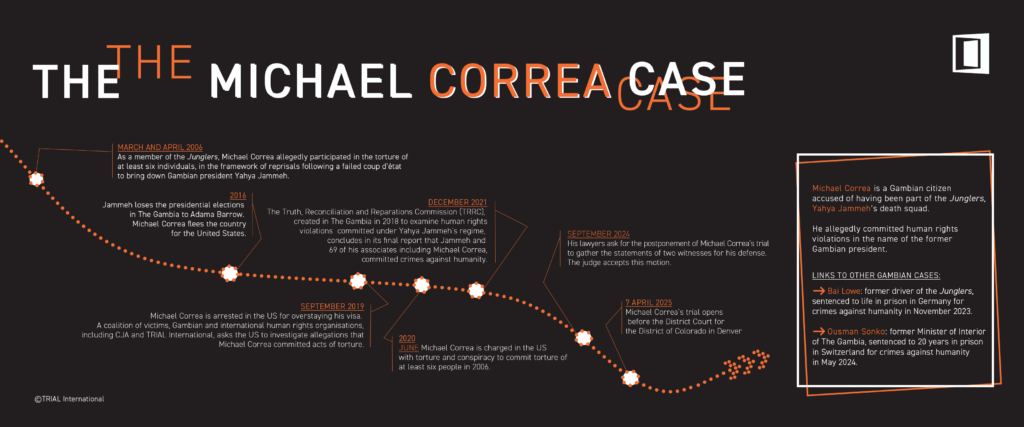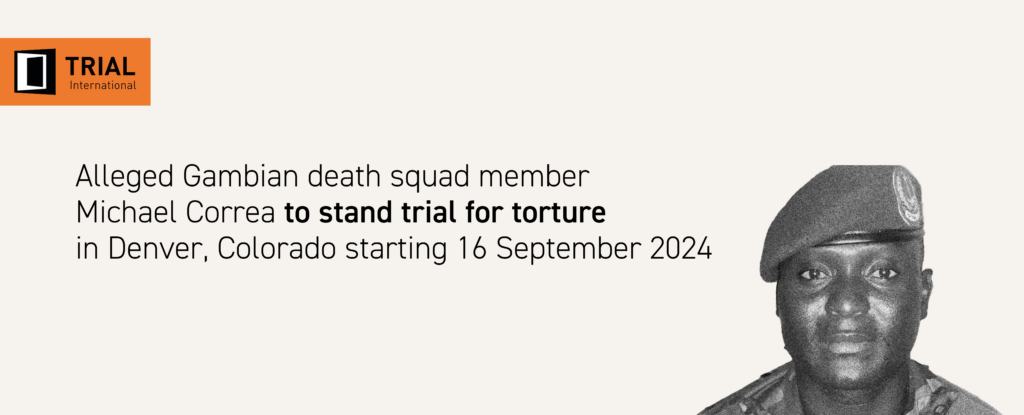Amendment of the Swiss Military Penal Code
Modification of the Swiss Military Penal Code
Press release of 19 December 2003 :

On Friday 19 December 2003, despite TRIAL’s appeal to the Chambers and the signatures of 35 International Law professors, the federal Chambers formally adopted a revision of the Swiss Military Penal Code which will render Switzerland highly attractive to war criminals.
After the Council of States in September, the National Council, during the current parliamentary session, accepted to restrict Switzerland’s possibilities to judge war criminals. The Federal Council had suggested that the Parliament introduce in the Military Penal Code the requirement of the presence in Switzerland of the presumed author of a war crime in order for proceedings to be opened against him or her. However, the Council of States adopted a decidedly more restrictive approach on 24 September 2003. In addition to the requirement of presence on Swiss territory, the presumed author of war crimes shall be tried only if there exists a “close” with Switzerland. Initially, the Council of States intended this to mean that the suspect had a secondary residence in Switzerland.
The National Council adhered to this wording on 15 December 2003. However, many speakers made a plea for a flexible definition of the “close link”. Such a link is for example given in the case of a medical visit to Switzerland, if the suspect has family ties in the country or if he spends prolonged amounts of time on Swiss territory. An asylum seeker would equally be considered as having a close link with Switzerland sufficient for proceedings to be opened against him. On the other hand, mere possession of a bank account would not fulfil the necessary criteria and neither would a brief passage on Swiss territory, for example in the transit zone of an airport.
For TRIAL (Track Impunity Always – Swiss Association against Impunity), the wording chosen by the federal Chambers must be seen a step backwards in the fight against impunity. For example, a Russian officer thought to have ordered massacres in Chechnya could not be arrested in Switzerland if he were merely visiting his banker. A Rwandese author of a genocide could spend his holidays in our country with no fear of falling into the hands of justice, providing he intends to stay for only a short period.
As 37 professors of criminal, public and international law have underlined by supporting TRIAL’s appeal to the federal Chambers (“Switzerland must not become a safe haven for war criminals”), the requirement of a close link violates the Geneva Conventions – of which Switzerland is the depository. Moreover, it is incompatible with the principles of Swiss criminal law concerning international crimes and with the general part of the Criminal Code adopted exactly one year ago by the same Parliament.
TRIAL sincerely regrets the negative attitude which Switzerland is now adopting in the fight against the impunity of authors of particularly heinous crimes. Switzerland has shown that it is at the forefront of international law, namely by supporting the International Criminal Court. But today its legislation is a step behind that of many other countries. Our association expresses the hope that the condition of a close link may be abandoned in a future legislative revision. There is also need of a wide-ranging debate on the subject of the compatibility of Swiss law with the requirements of international law as regards the fight against impunity, in particular with the Rome Statute of the International Criminal Court. Let it be reminded that Swiss law does not contain the notion of crime against humanity. For Mr. Philip Grant, president of TRIAL, “it is high time for Switzerland to adopt, like Germany for example, a real code of international crimes specifically containing genocide, crimes against humanity, war crimes and torture. Only then will Switzerland be able to play a serious role in the construction of a global legal order in which the authors of international crimes shall be pursued without faiL”.

